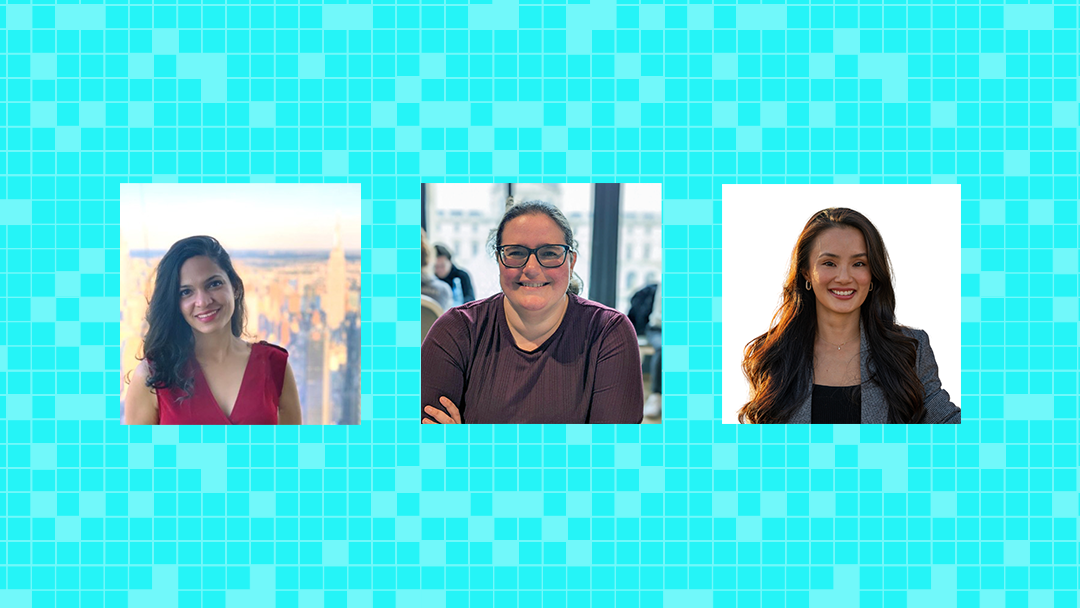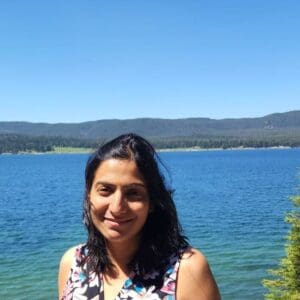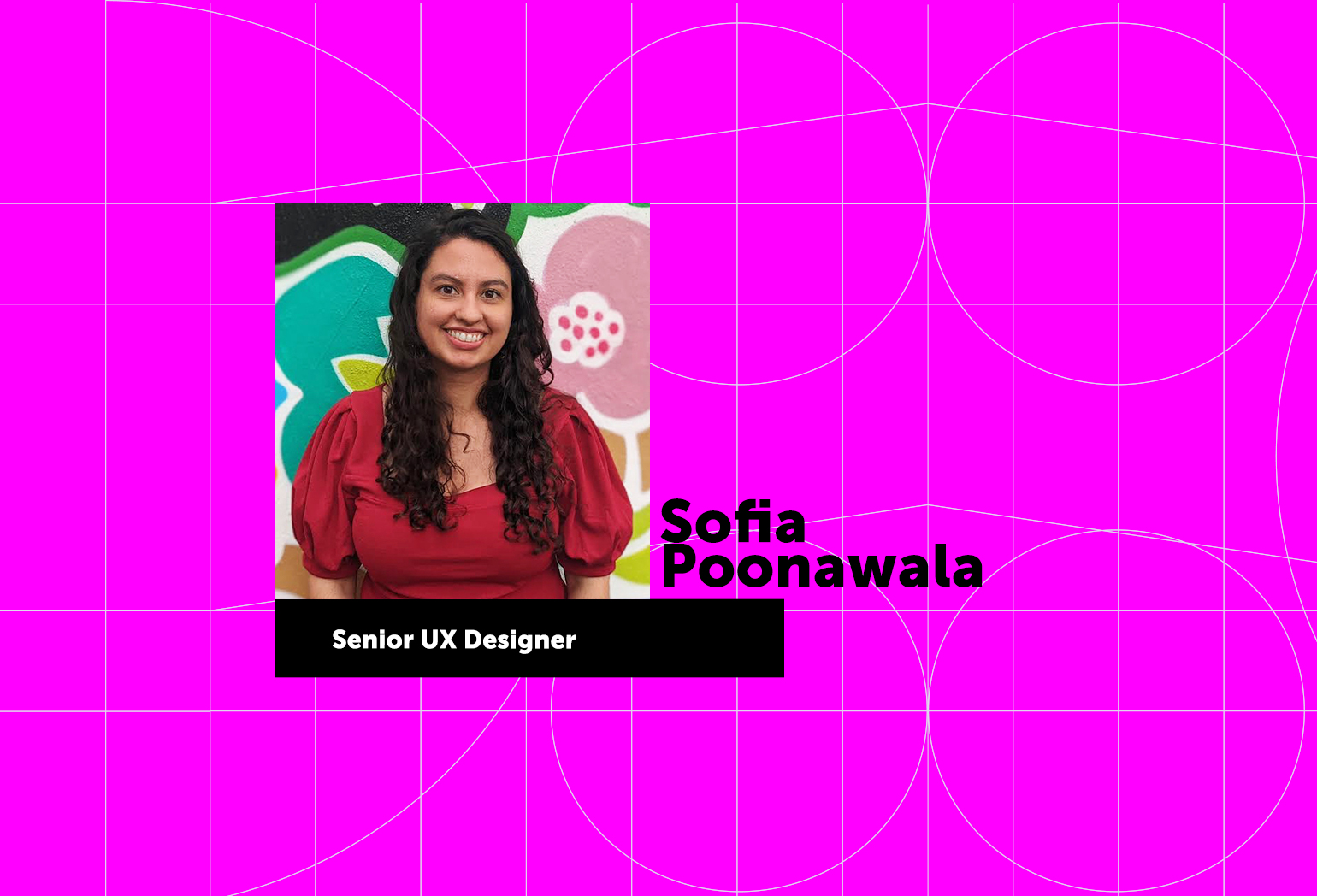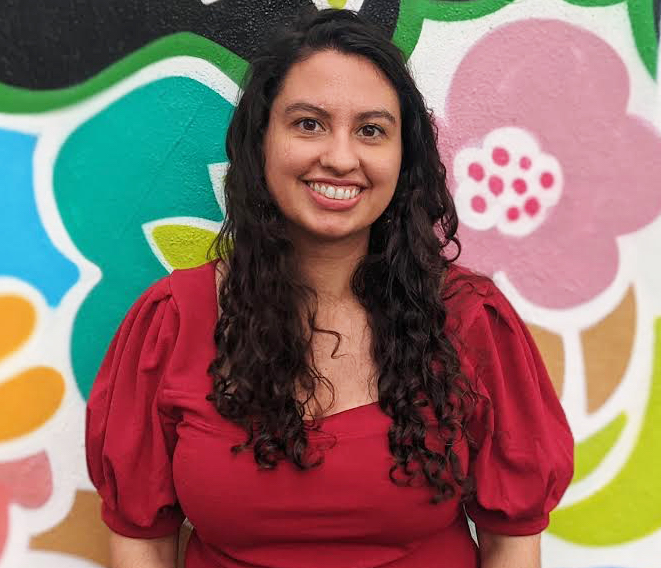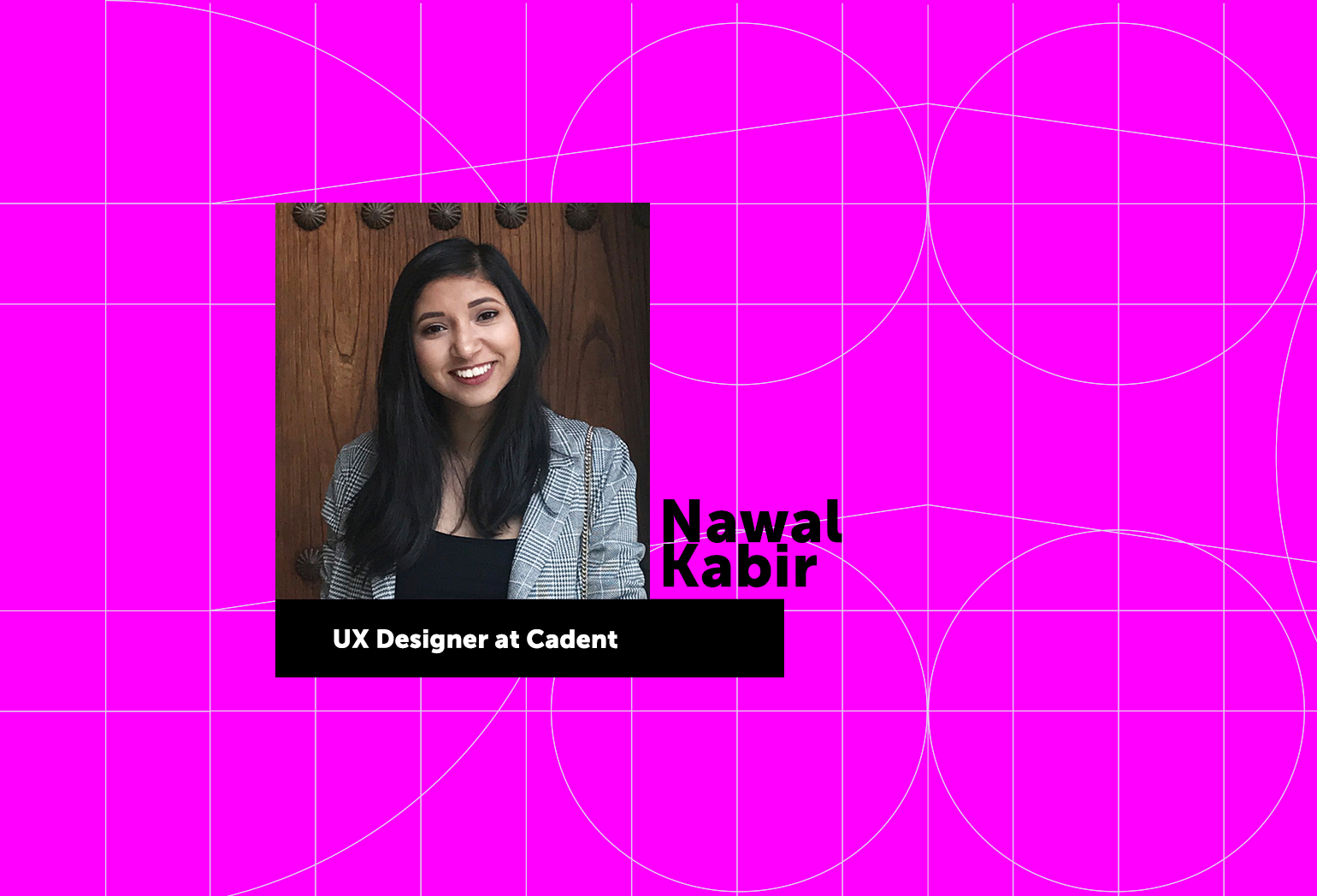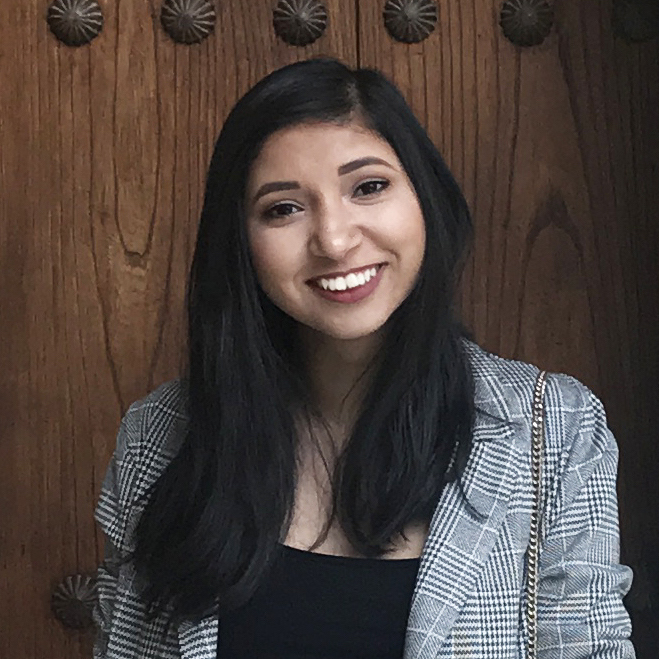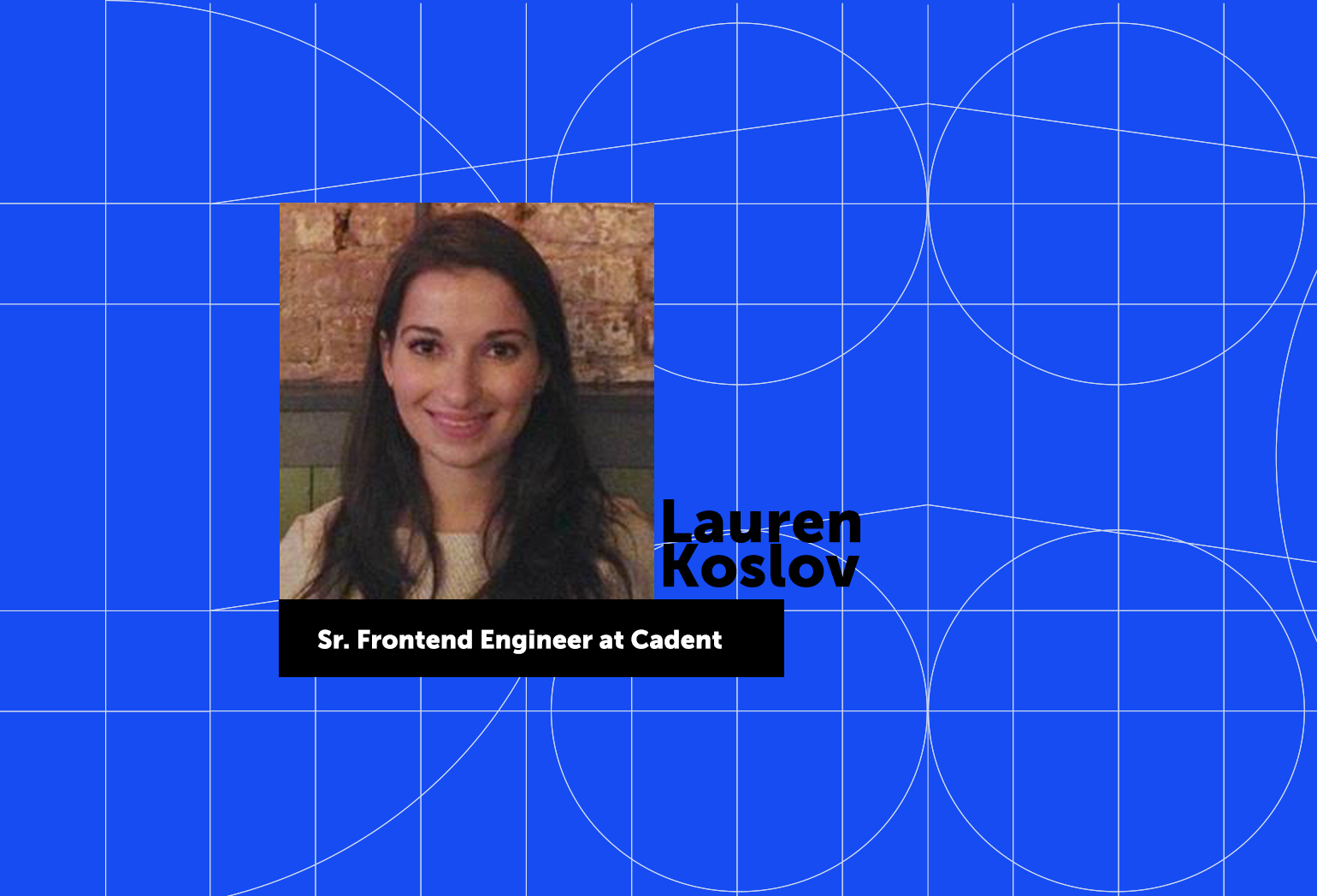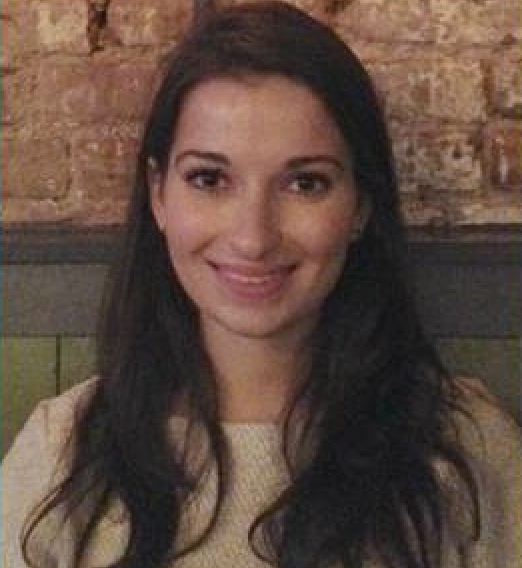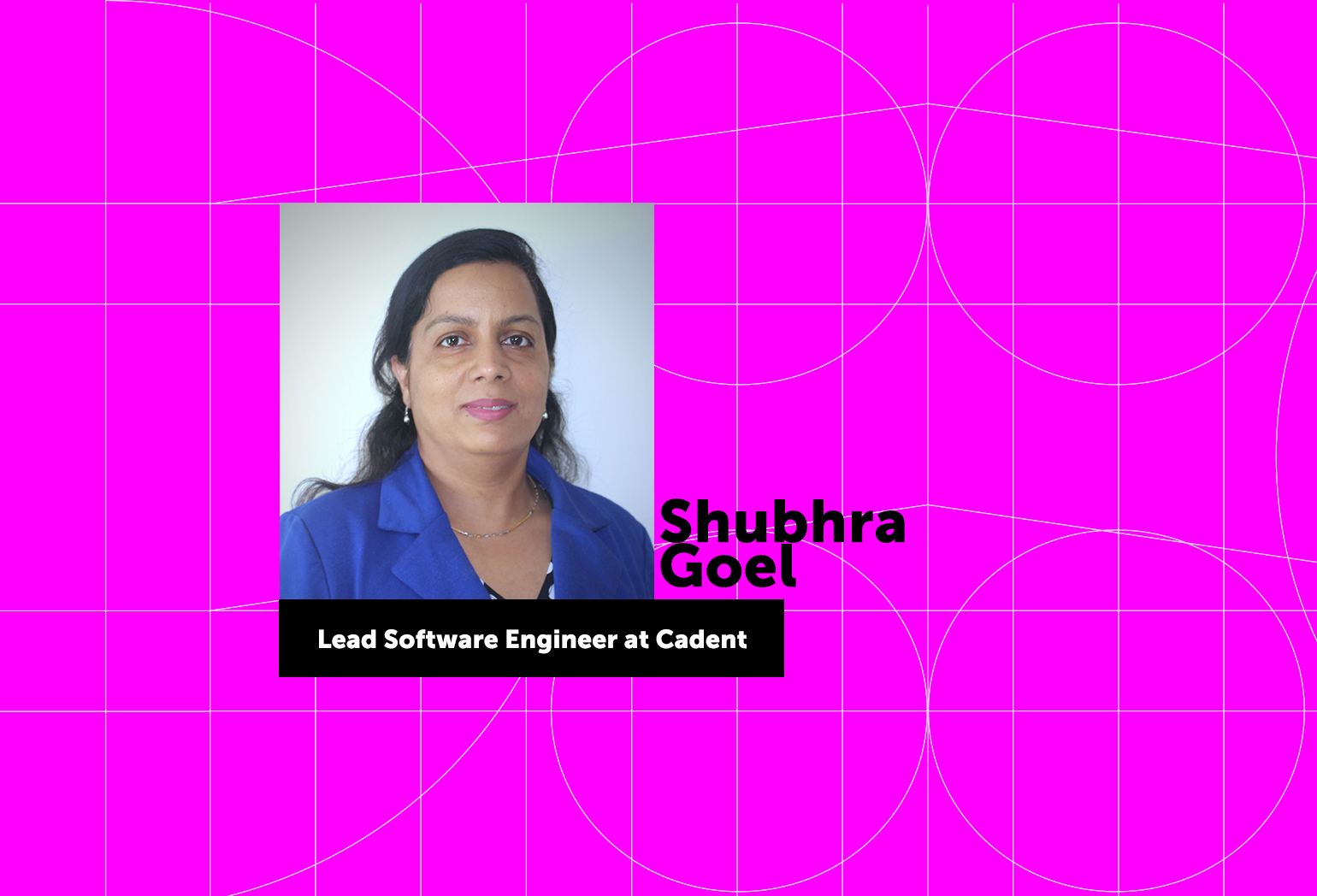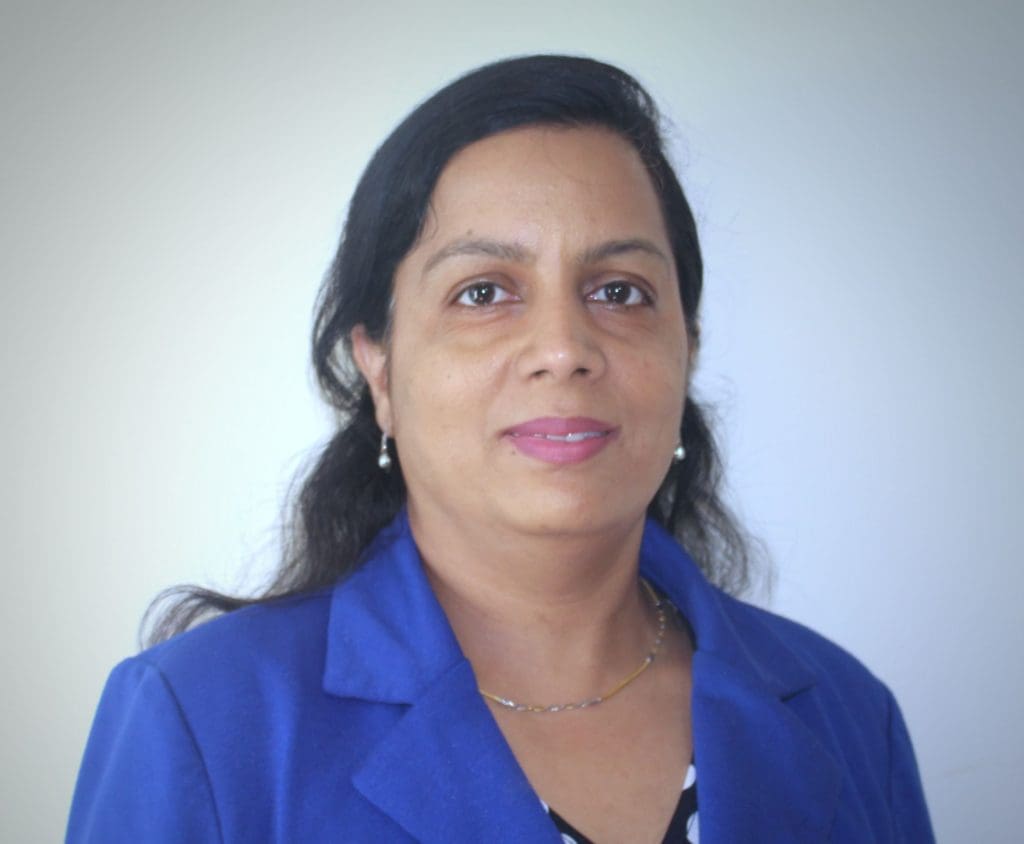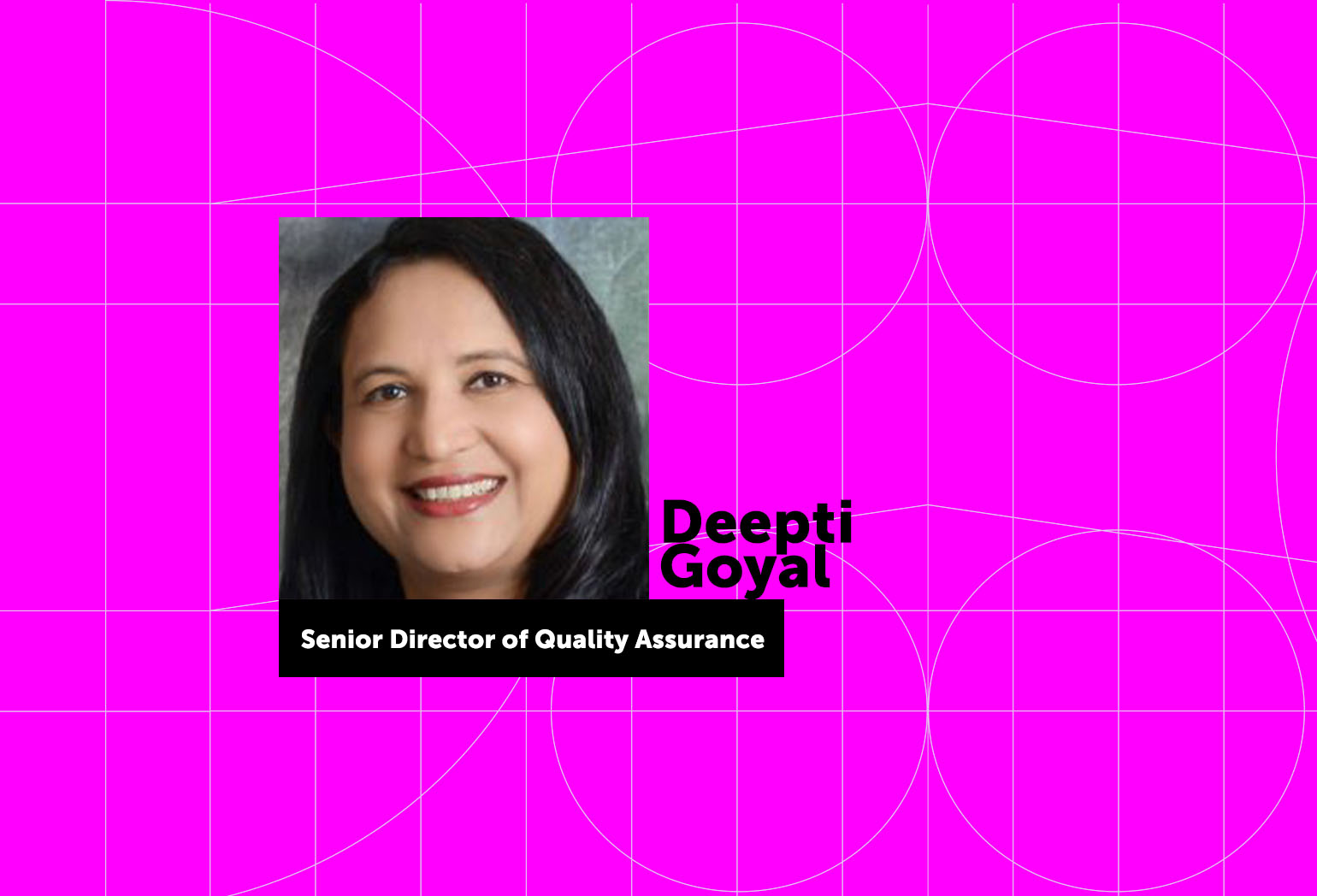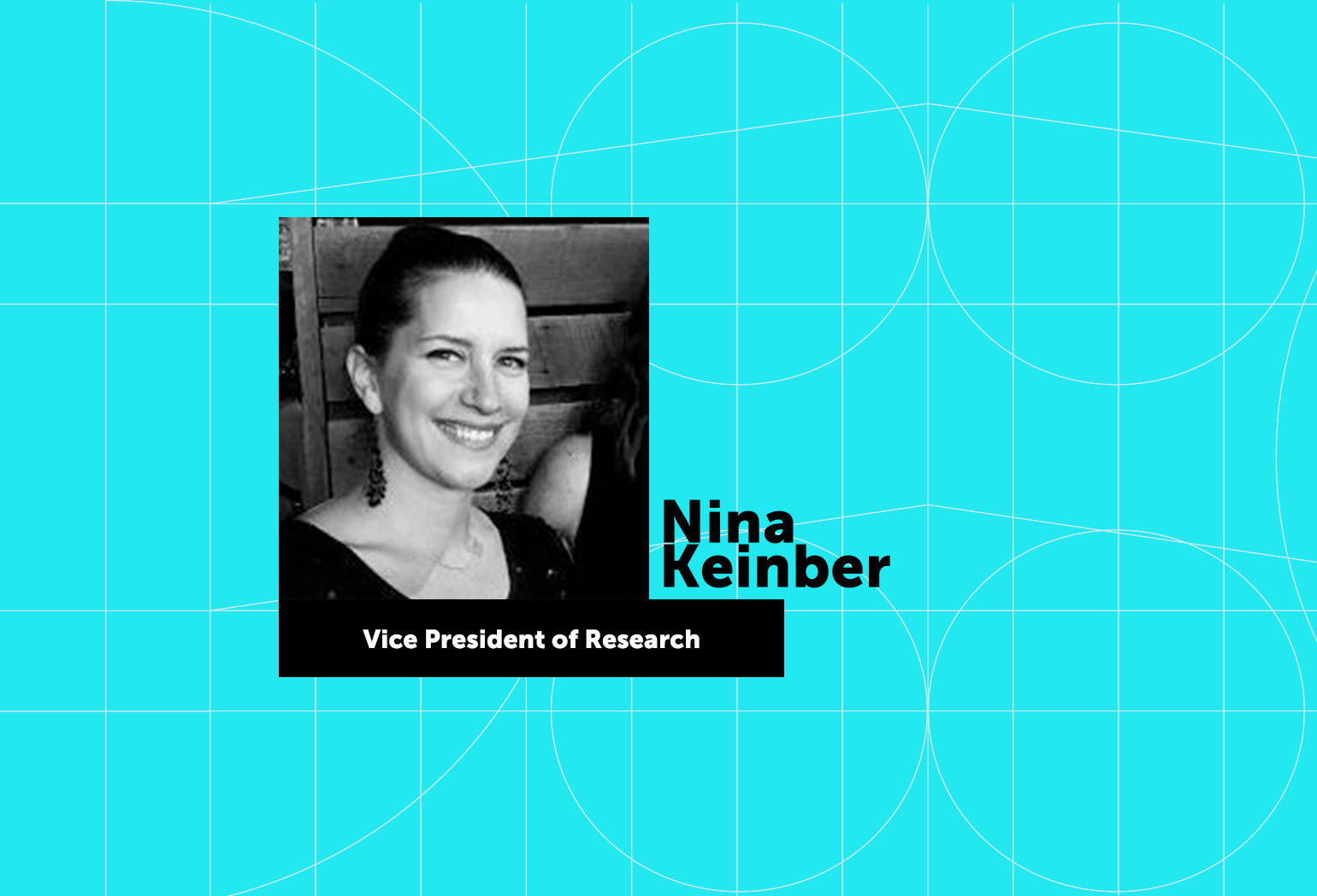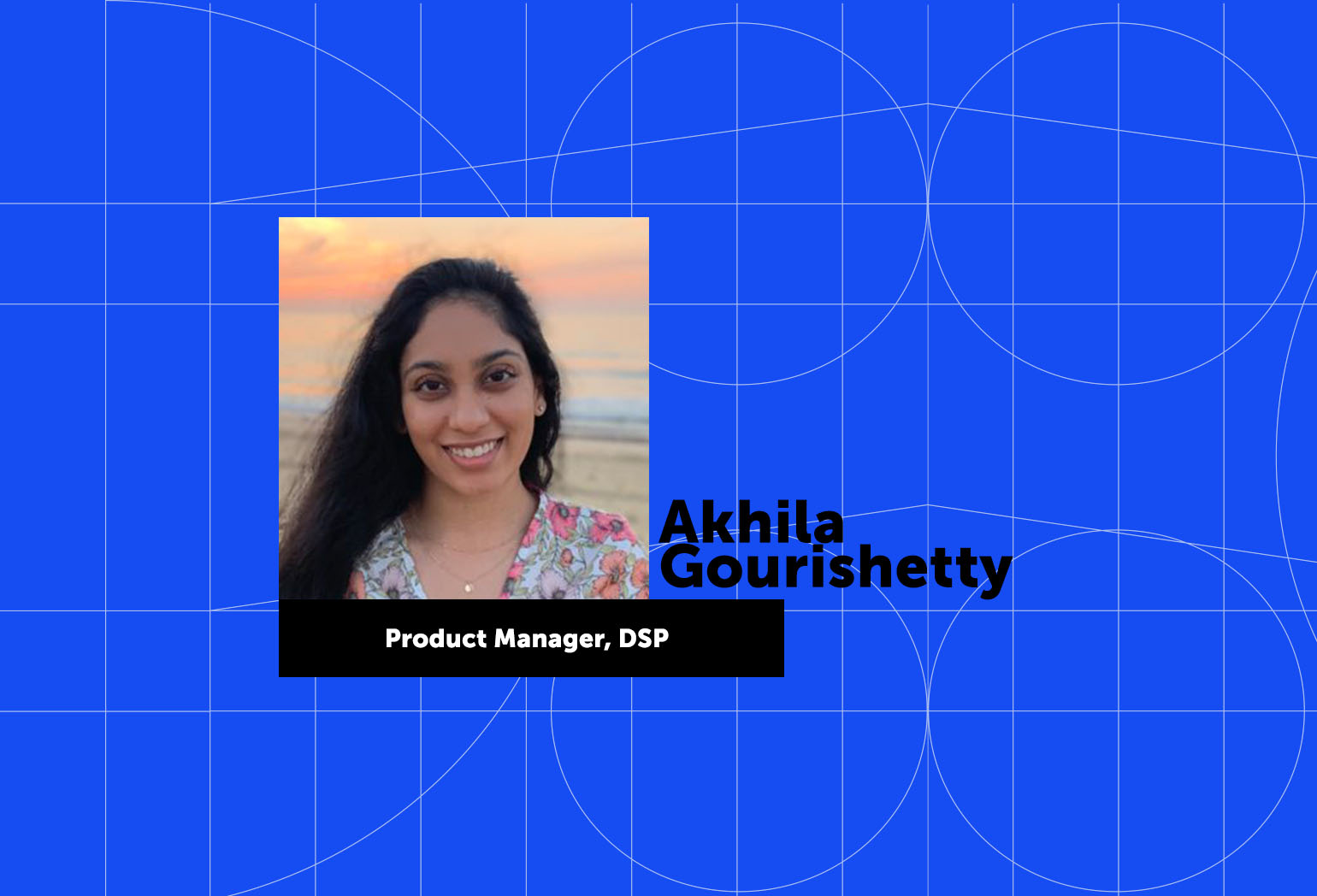Check out the Q&A below to learn more about members of our women’s ERG, Women at Cadent. Each of these women bring important and diverse views, experiences, and expertise to the table, enriching our company culture towards equality and empowerment.

Heena Otia is a Senior Data Scientist on the SSP side for Aperture MX and has been at Cadent for about a year. Her job entails data modeling and forecasting using machine learning models to maximize revenue and optimize ad exchange services for ad traffic efficiency. She also focuses a lot on data analytics, extracting insights from real-time data to split the signal from the noise and translate value to business stakeholders.
How have you built confidence or resiliency throughout your career?
My mom is my biggest inspiration- a fearless woman herself, she always instilled a sense of confidence in me and made me dream to fly higher. I love this book called “Audacity to Be Queen” by Gina DeVee. I have learned to be a resilient person by looking at setbacks as another opportunity to jump higher. It’s how we react to adversity that determines our life story.

What women inspire you the most and why?
My biggest inspiration is Malala Yousafzai, she always advocates for women’s education rights. I find her journey so motivational, from being under fire to never stopping herself.
Nowadays, I seek inspiration from all the amazing moms out there who guide me on work/life balance, parenting (I have a 2-year-old, so please pass on all the toddler parenting advice!) and carving out a position for yourself in the industry. It can feel daunting at times, but the thought that keeps me going is, “I can’t change the direction of the wind, but I can adjust my sails to reach my destination.”
What advice would you give to women navigating their careers within the advertising/ adtech industry?
We as women can uplift each other a lot by sharing our stories and networking. So far, networking and reaching out to people has been my mantra to seek interesting opportunities in my career. I never shy away from setting up quick Zoom chats with people from the industry or coworkers as well, now that most of the people are remote. I remember when I started in AdTech back in 2016, I didn’t know all the adtech lingo, but attending conferences, reading blogs, and networking helped me a lot.

Katie Adamcik is a Senior Scrum Master and has been at Cadent for about 1 year. Shes integrated with the Data Engineering teams to help run their day-to-day operations including tracking metrics and project progress, implementing process improvements, removing blockers, and ensuring they’re prepared for the upcoming planning cycle. I also lead our internal Agile metrics automation effort and work closely with the Audience and Identity teams to help instill best practices and provide coaching as needed.
How have you built confidence or resiliency throughout your career?
The most essential skill I’ve gained is how to effectively and regularly ask for feedback through check-ins with management and peers. While positive feedback is always nice – and a good confidence boost − critical feedback is where I find the most value. Constructive feedback provides concrete action steps to take which can lead to better work outcomes that maximize both your personal development and team value. Getting constructive criticism in a formal way can help you handle unexpected negative feedback and react rationally instead of emotionally.

What women inspire you the most and why?
Professionally, I’ve been inspired this past year by our own SVP Product, Management Marcy Pentoney! Not only is she an exceptionally strong and knowledgeable leader in our product organization who helps to drive the company and culture in a positive direction, but also manages to balance the demands of her senior role while still taking time to be very involved with her family. On the personal side, Dr. Jane Goodall has held my fascination since I was young (I even dressed up as her for a presentation in 8th grade!). She inspires me with her commitment to wild places and animals, and her radical change of how fieldwork had been done for decades.
What advice would you give to women navigating their careers within the advertising/ adtech industry?
Don’t be afraid to ask questions! I knew nothing about the adtech industry before working at Cadent, and while there is plenty of material to read online, nothing gets you up to speed like the color and commentary that comes from a discussion with your peers or leaders. This is also true no matter how long you’ve been in the industry as consumer behaviors, new technology, and regulations are changing how we work at an ever-increasing pace.
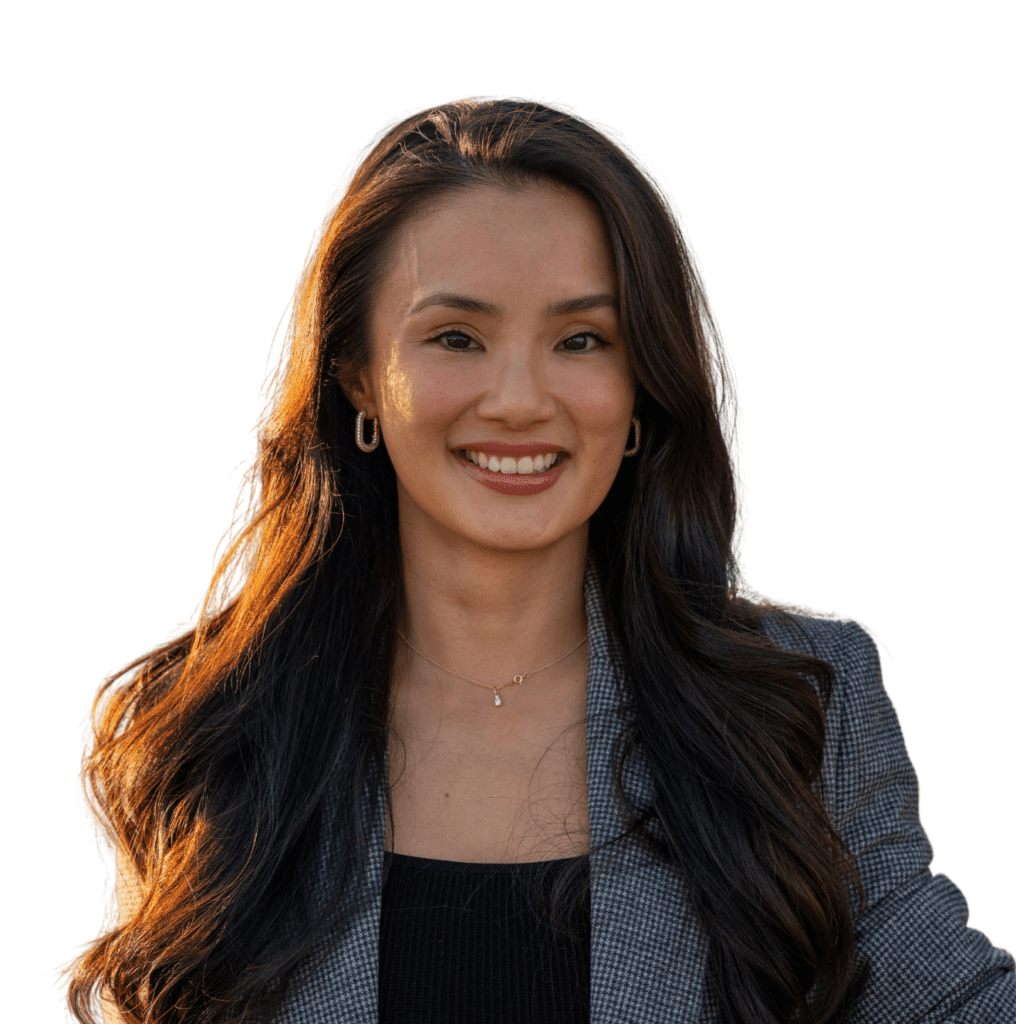
Ayaka Hayashi is the Director of Product Marketing and has been at Cadent for almost 6 months. She is responsible for developing GTM strategies of products and solutions within the Activation pillar, working closely with cross-functional teams across the organization.
How have you built confidence or resiliency throughout your career?
I’ve grown more confident and resilient by embracing the feeling of discomfort in challenging environments, including working in Tokyo and New York. Adapting to new companies, teams, and cultures has taught me that discomfort can signal growth and learning and embracing this discomfort has been key to discovering new things about myself, organizations, and diverse cultures, turning challenges into opportunities for personal and professional development.

What women inspire you the most and why?
The women who have truly inspired me are those who embody their support for women through actions, not just words (they don’t just talk the talk, they walk the walk!). They have made time for me, offering guidance, mentorship, and a safe space to be authentic and feel valued. In leading by example with humility, positivity, and sometimes stepping back by offering me the space to be heard or speak up—these are the women who encouraged me to be confident and take pride in who I am.
What advice would you give to women navigating their careers within the advertising/ adtech industry?
1. Always remember, be your authentic self. Don’t worry too much about trying too hard to be too serious or too cookie-cutter perfect. Be silly sometimes!
2. Find the people who give you the space to fail and give you the guidance to learn from your mistakes.
3. Surround yourself with people and teams that help you grow. Be a cheerleader for people and find people who will do that for you.
4. Remember all the big and little things you’ve experienced from others—mirror the things you liked and be mindful of the things you didn’t.
Learn more about life at Cadent and see available roles on our Careers page.

